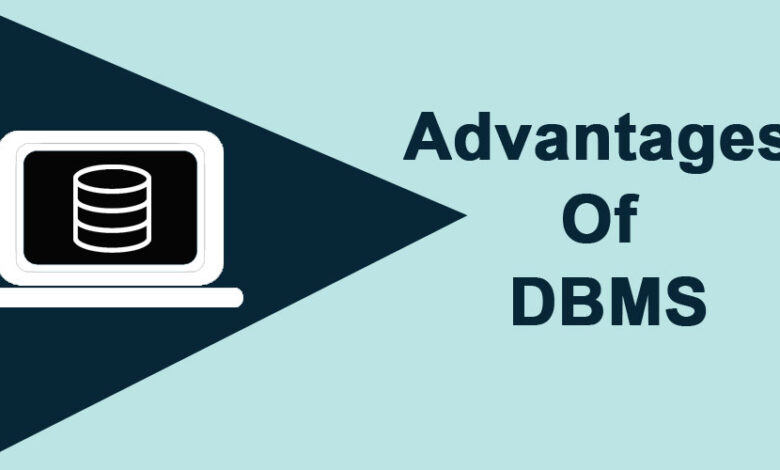A Guide On The Different Important Benefits Of Databases

A database is a structured and electronically stored collection nowadays. The benefits of databases are quite popular among students. Several people and students are still confused as .why databases are so popular.
Well, we all know that databases are an important tool. It manages the digital processes in the business. Databases are the key to the store, organizing, data of any business and can get database assignment help .
However, in this blog, we will discuss all databases in detail. Also learn the different benefits of databases.
What Is A Database?
information or data in a computer system. The database has been largely controlled by a database management system. A database system is generally stated as a database. It refers to the data, the database management system, and the applications that go with it.
To allow data querying and processing. The data in the databases is generally described in rows and columns. Most databases use structured query language to create and query data.
As we have discussed the overview of the database. Let’s discuss the benefits of databases.
Benefits Of Databases
Following are some of the benefits of databases;
Better Data Transfer
Because of database management, users can access more and better-managed data. As a result, end-users will be able to take a quick look at their environment and respond quickly to any changes.
Better Security Of Data
As the number of users grows, the rate of transferring and sharing the data also grows. It also increases the danger of data security. The database is widely utilized by the corporate world. That means, companies invest large amounts of money, time, and effort to assure data security and its proper use.
A Database Management System (DBMS) helps firms in improving data security. They provide them with a better platform for data privacy and security policies.
Better Integration Of Data
Because of the Database Management System. We have access to well-managed synchronized data. It makes data handling very straightforward. It provides an integrated view of how a particular organization works. And also, it keeps track of how one sector of the firm affects the other.
Standardized And Consistent Data
Data inconsistencies appear when various versions of the same data exist in various parts of an organization. This is due to incorrect methods and data segregation. You can ensure that an all-encompassing, single, unified view of your data is delivered throughout your firm. It is only possible by using the correct management system.
Accessing The Data Faster
The database management system (DBMS) assists in the production of fast responses to database queries. As a result, it creates the data faster and more accurately.
Better In Decision Making
Because of DBMS, we have now better-managed data and improved data access. It allows us to generate better quality information.
Better quality of data enhances the accuracy, validity, and time it takes to read. Although a database management system (DBMS) does not ensure data quality. It offers a framework for enhancing data quality.
Enhance The Productivity Of End-User
The data available through a combination of tools turns data into valuable information. It enables end-users to make rapid, informed, and better decisions.
Simple
A database management system (DBMS) provides a logical and straightforward view of data. Many activities, such as file or data insertion, deletion, or creation, are simple to implement.
No Redundancy
It is one of the most significant benefits of databases. A database management system avoids data duplication and saves storage space. Moreover, it speeds up access time by eliminating redundancy.
Instead of having many copies of the same data for each business employee. DBMS allows for centralized storage of all data. It allows for more efficient storage space.
BONUS POINT
Drawbacks Of Databases
Following are some disadvantages of databases. Let’s take a look;
- Database systems are difficult, time-consuming, and complex to create.
- Hardware and software costs for a new business are huge.
- Database affects almost all application programs.
- When switching from a file-based to a database-based system, conversion costs are high.
- Initial training is must needed for all programmers and users.
Conclusion
To sum up, we have discussed the benefits of databases. We have also learned some of the drawbacks of the same. I hope that this blog helps you in learning the different benefits of databases.
FAQs
1. Why do we use a database?
Answer: Following are the reasons why we use databases;
- It can efficiently store a large amount of data.
- Databases are fast and easy to find information.
- Easy to add new data and edit and delete the old data.
2. What are the types of databases?
Answer: Following are some popular types of databases;
- Distributed Databases
- Relational Databases
- Object-oriented Databases
- Centralized Databases
- Open-source Databases


